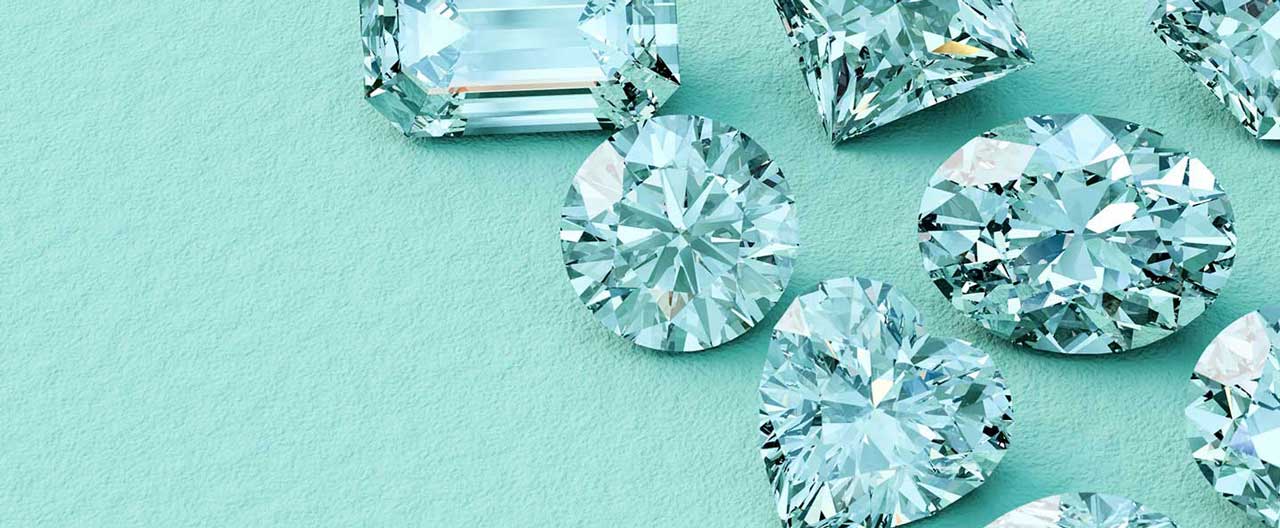- Individuals & Families
- Businesses
- Agents & Brokers
- Embedded Insurance

Chubb ranked #1 for Customer Satisfaction with the Home Insurance Claims Experience

Chubb ranked #1 for Customer Satisfaction with the Home Insurance Claims Experience

Chubb ranked #1 for Customer Satisfaction with the Home Insurance Claims Experience

Chubb ranked #1 for Customer Satisfaction with the Home Insurance Claims Experience

Because pets are family, Chubb now offers pet insurance with top-rated coverage from Healthy Paws.

Chubb offers the insurance protection you need for travel’s many “what ifs”.

Chubb protects small businesses at every stage – from newly formed start-ups to long-time anchors of the community.

Stay ahead of cyber threats with our free Cyber Claims Landscape Report.

Learn more about our dedicated learning paths, Online Learning Center, and more.

Many digital-savvy consumers look for it as a core or add-on option.

Many digital-savvy consumers look for it as a core or add-on option.

Many digital-savvy consumers look for it as a core or add-on option.

Chubb’s in-house technology makes it easy to integrate what we do into your customer experience.
-
About
-
Claims
-
Login & Pay Bill
For Agents & BrokersFor Travel Advisors
-
Back
Whether you’re buying an engagement ring or choosing a pair of diamond earrings, purchasing a diamond is a decision you don’t want to rush into. In fact, before you start looking for that special stone, you may want to invest a little time to learn more about diamonds and how to protect them.
Below are a few tips you’ll need to know before buying a diamond:
1. Get to know the four Cs.
A diamond’s quality is measured by the four Cs: cut, color, clarity, and carat. Which is the most important and why?
- Cut is the most important characteristic to consider when selecting a diamond because it has the most impact on the diamond’s brightness and scintillation or sparkle. When a diamond is cut to proper proportions, this will maximize how the light bounces back to produce the sparkle we want. Even a diamond with perfect clarity and color will appear dull if the cut isn’t right.
- Color is the next most important characteristic of the four Cs. In this instance, color refers to the lack of color. In other words, the less color, the more valuable the diamond. Truly colorless diamonds are very rare and color distinctions can be subtle and only visible to the trained eye. That’s why you should refer to the GIA color scale, which uses letters starting with D for colorless through to Z for light yellow, brown, or grey stones, to indicate the diamond’s color. Once the color grade is beyond the letter M, the light yellow, brown or grey color becomes visible to the naked eye.
- Clarity refers to imperfections or flaws on the surface or inside the stones, which can be microscopic in nature and nearly impossible to see to the naked eye. While diamonds with the least blemishes and inclusions receive the highest grading, those flaws may not affect the diamond’s overall appearance and beauty.
- Carat refers to the diamond’s weight, not its size. In fact, a diamond with a high carat and a poor cut will look smaller than one with a lower carat and a high-quality cut. To help maximize your budget, look for diamonds with a carat weight that is just below a standard size, for example, search for a 1.9 carat diamond rather than a 2.0 carat. You’ll save money and will not visibly notice the difference in the size of the stone.
2. Team up with a quality jeweler.
When choosing a jeweler, be selective, find someone with GIA Graduate Gemologist credentials, who is affiliated with jewelry industry groups and professional associations. If you need help selecting a jeweler to work with, contact your independent insurance agent.
3. Request a grading report.
For an unbiased assessment of a diamond’s quality, ask your jeweler for a diamond grading report. It will document the specific characteristics of the diamond, including the four Cs, confirmation that the stone is natural or lab-grown, and will disclose any treatments or alterations the diamond has undergone to change its color or clarity. The Gemological Institute of America (GIA) is the most widely used service and sets consistent standards for diamond grading and identification, so look for a GIA Diamond Grading Report.
4. Protect your purchase.
Make sure to have your jewelry appraised and insured. Look for a Valuable Articles insurance policy that provides all-risk, worldwide coverage, including mysterious disappearance and automatic protection for newly acquired items. Periodically have your jewelry reappraised to be sure your insurance is updated and reflects current values. Consult with your jeweler on an annual basis to have your item professionally cleaned and condition checked for any loose prongs or clasps.
Insights and expertise



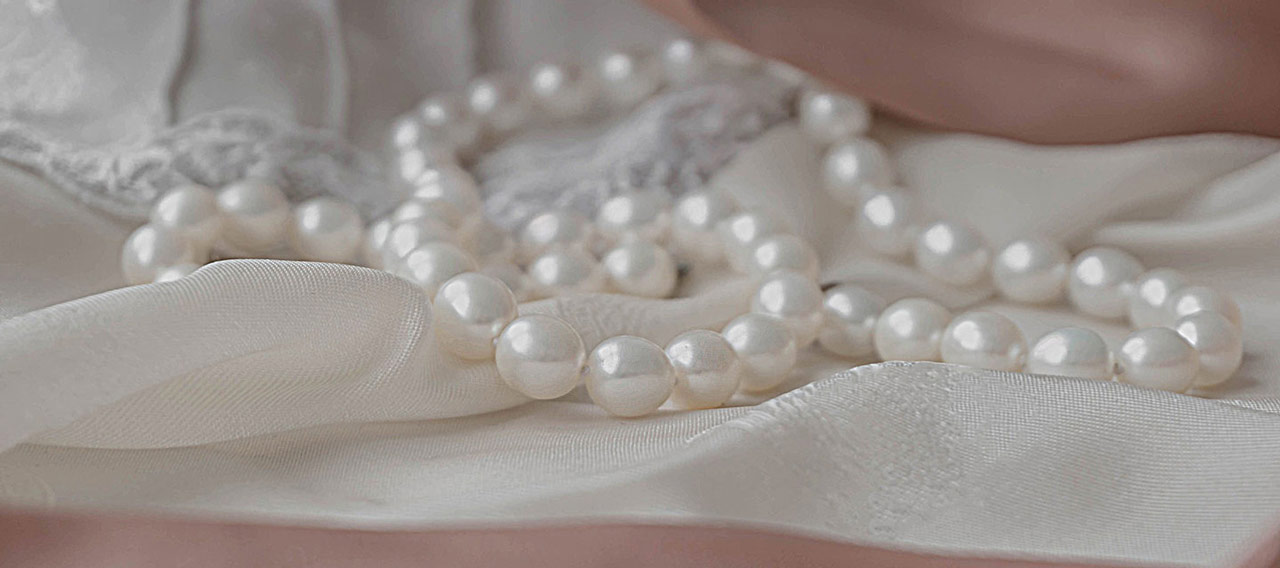
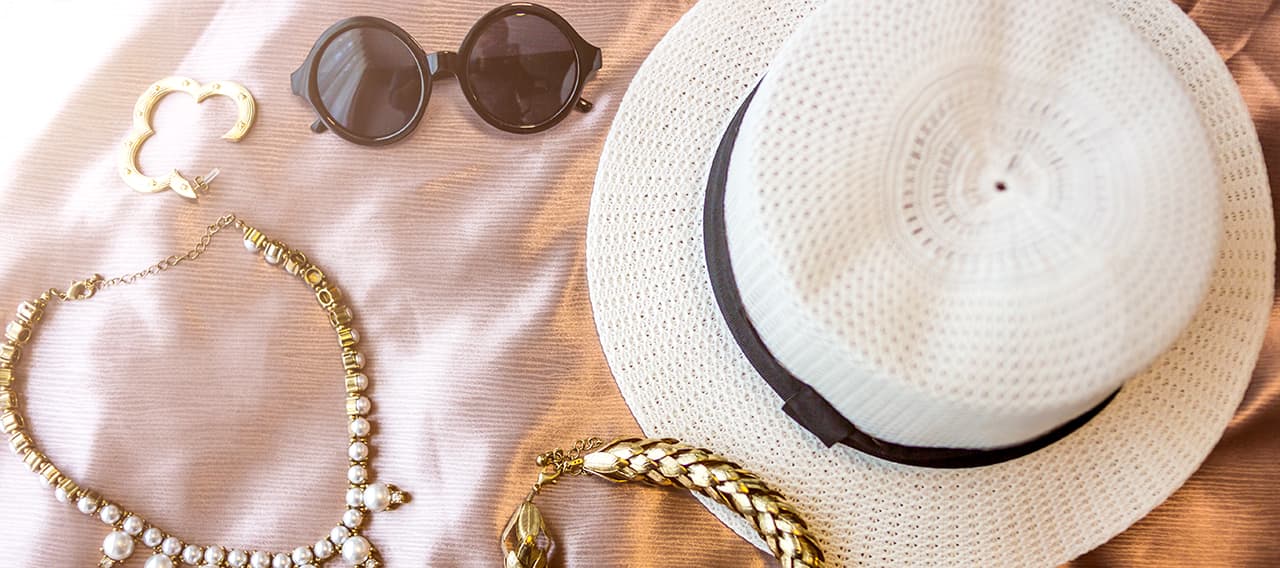
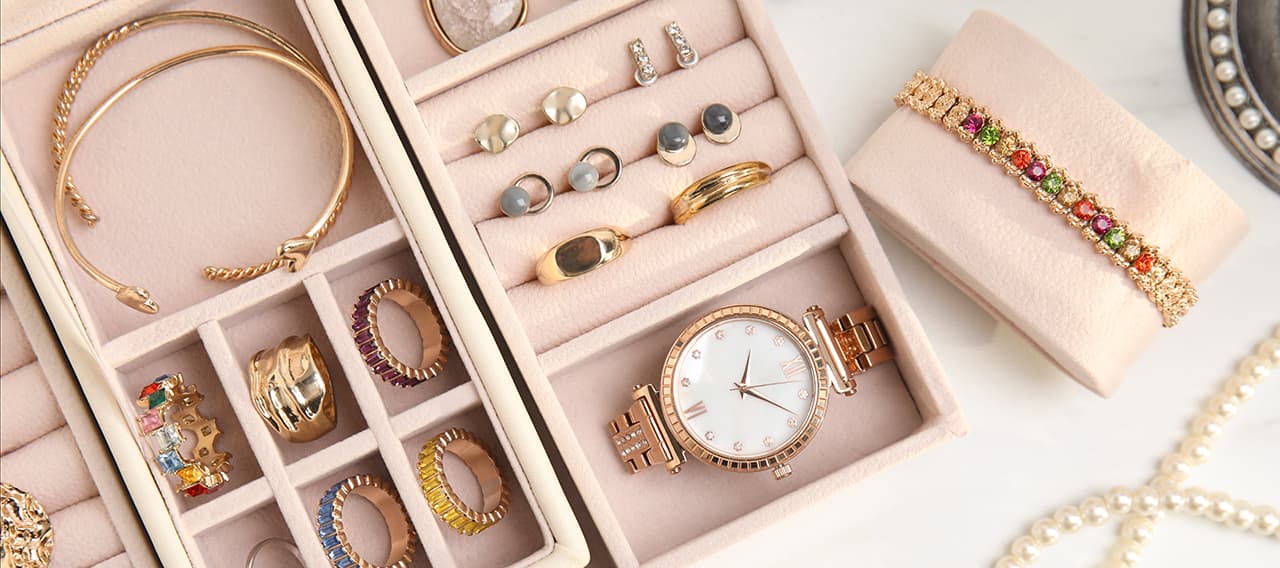
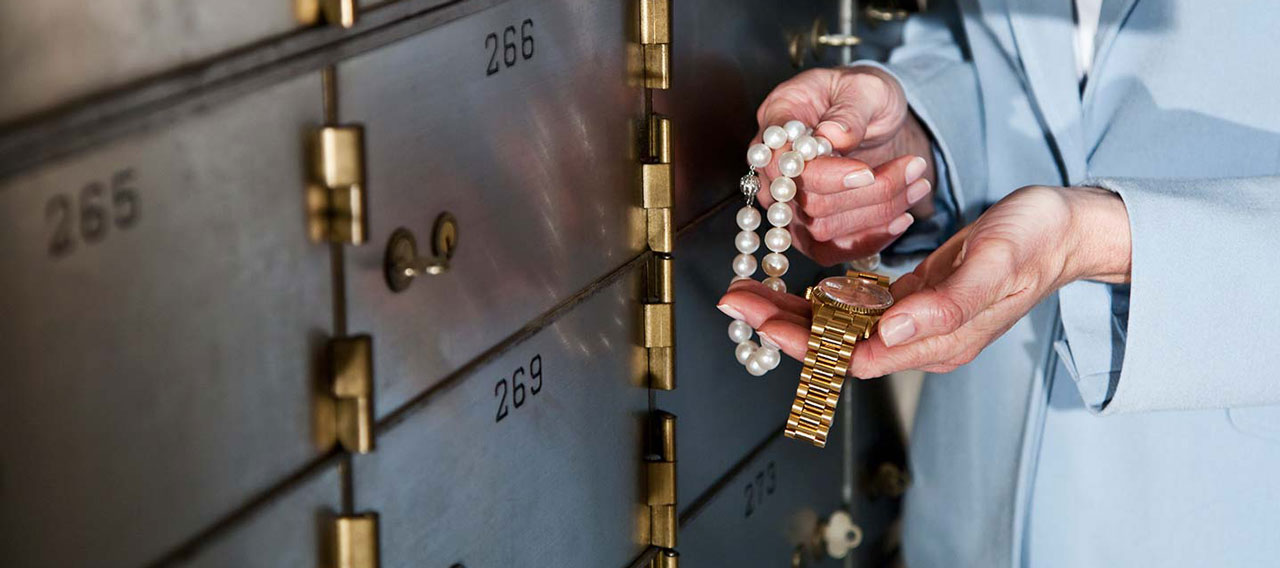

Get a personal insurance quote
Work with an independent agent to get personalized insurance solutions.
This document is advisory in nature and is offered as a resource to be used together with your professional insurance advisors in maintaining a loss prevention program. It is an overview only, and is not intended as a substitute for consultation with your insurance broker, or for legal, engineering or other professional advice.
Chubb is the marketing name used to refer to subsidiaries of Chubb Limited providing insurance and related services. For a list of these subsidiaries, please visit our website at www.chubb.com. Insurance provided by ACE American Insurance Company and its U.S. based Chubb underwriting company affiliates. All products may not be available in all states. This communication contains product summaries only. Coverage is subject to the language of the policies as actually issued. Surplus lines insurance sold only through licensed surplus lines producers. Chubb, 202 Hall's Mill Road, Whitehouse Station, NJ 08889-1600.


